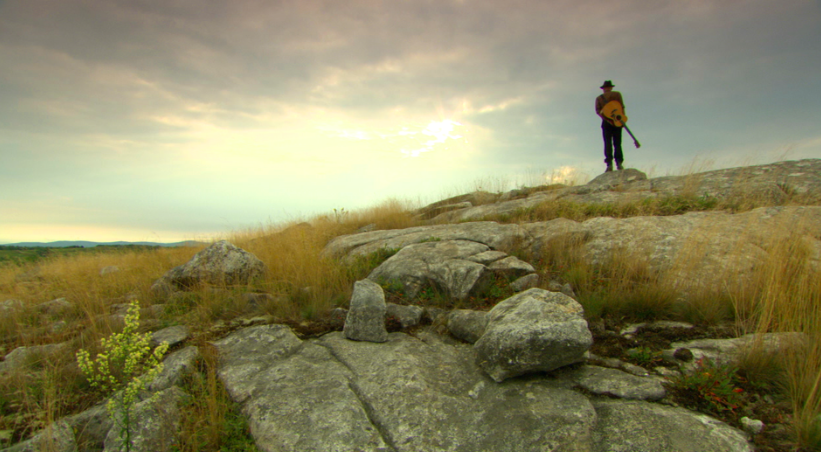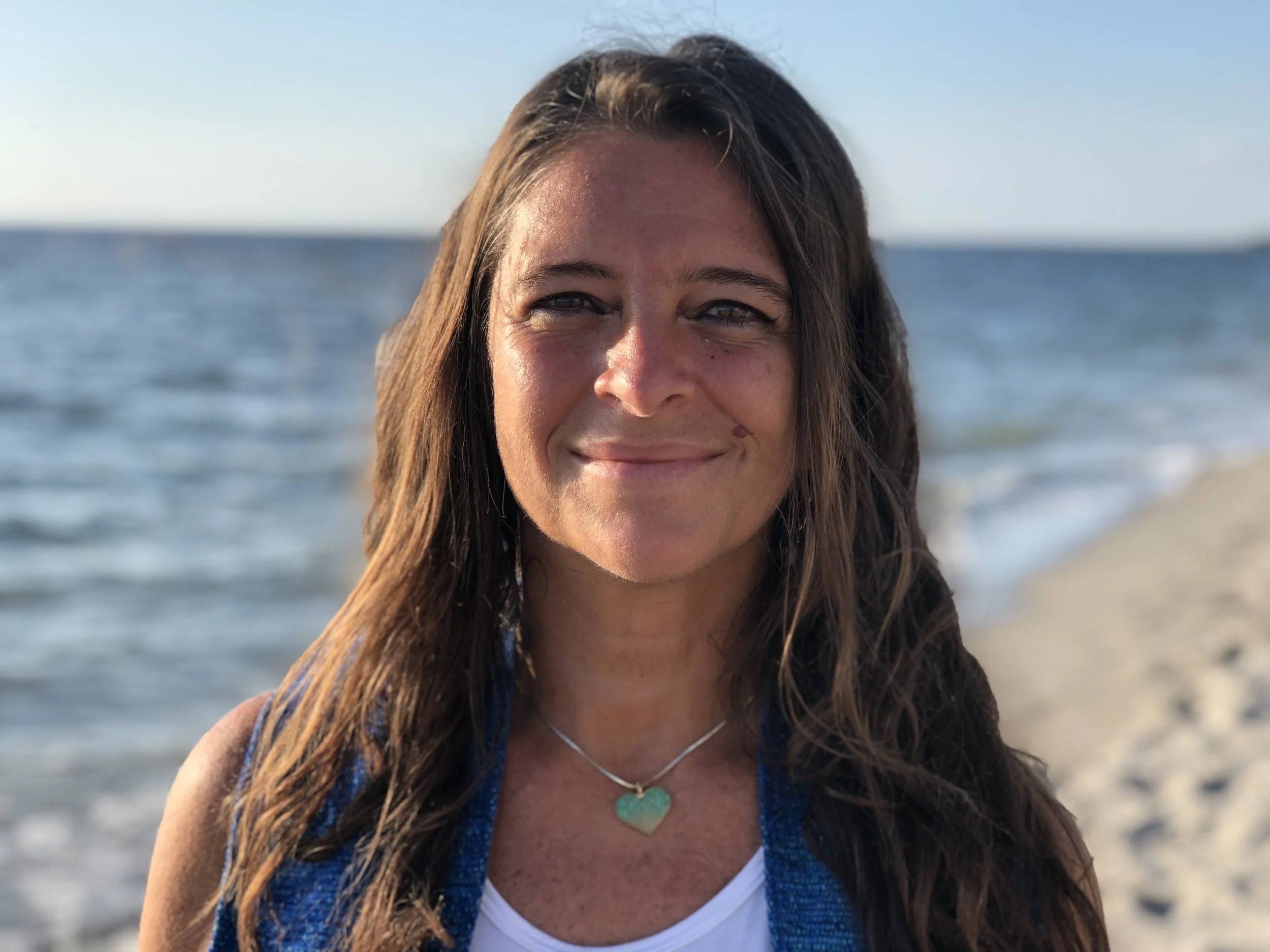Behold the Earth (Q&A with filmmaker)
Our theme this month is “God Is Truth, Truth In Nature.” The following comes from Andy Peterson —
In his new music-rich film Behold the Earth, David Conover seizes on Richard Louv’s observation that every committed environmentalist can recall one special outdoor place from childhood, a living place, that has informed the core of their activism. David talks with legendary scientists E.O. Wilson and Theo Colborn, as well as a new generation of creation-care activists within America’s Christian communities like Cal DeWitt. The film also explores America’s divorce from the outdoors and the emergence of “digital natives.”
Here’s a trailer for the film:
Here is a Q & A with filmmaker David Conover —
Why did you decide to make a film with scientists and Christians?
DC: I spoke at length with leaders in these communities because I (and many others) see an urgency in their work to expand the range of who is considered an environmentalist, and what stewardship requires. These folks have a deep curiosity, an understanding of the scientific method, and a moral grounding. This puts them in a strong position to do this work successfully. They are wrestling with two very significant questions in America today:
Why aren’t more scientists ethically compelled to act as citizens and stewards, given what they know about our degraded planet?
Why aren’t more Christians actively working to know, understand, and care for Creation?
To these questions, I added a third: How does the experience of nature in childhood set a foundation for the adult scientist, the adult Christian, and the promise of a restored connection to nature… to the Creation?
In my reading and study, this suite of questions has not been suitably addressed over recent decades. They’ve been nuanced casualties of culture wars and science vs. religion conflicts and misunderstandings. I think that the efforts to restore America’s connection to nature require a reset. Maybe we’re now ready to re-examine where the very old stories, music, and words of the Bible retain relevancy today. Particularly if we are Christian. But also if we are of other faiths, or are atheists, or are agnostics. Pulitzer-Prize winning author and Harvard biologist Edward O. Wilson described himself as a “provisional deist.” He wrote a book titled The Creation: An Appeal to Save Life on Earth. In my long conversation with Ed for “Behold the Earth,” he shared a suspicion he’s had: “The "Creation" of the scientist and the "Creation" of the fundamentalist [Christian] really is - how shall I say it? – harmonious…in searching, or seeking, the goal that… I think we both have.”
Cal DeWitt is a professor of Environmental Studies at the University of Wisconsin and a formative influence behind the emerging Creation Care movement for America’s Christians. In our interview, Cal described the broad and accessible richness of the word “Behold.” I was absolutely captivated! As a filmmaker who aspires to observe life closely, how could I not be?
“Beholding is very different than taking a look at something. When you first look at a beetle, or first look at a flower, and you do it as a child and you do it with lots of time available, you can look very, very closely and for very, very long periods of time. And later, you may discover that there are highly disciplined ways of looking at things very, very carefully, for long periods of time. You open yourself to all of the lessons being taught. You’re not in a hurry to get off to somewhere else. That beholding is very critical. In the scriptures, we have the same kind of admonition when you look at Creation.”
Words like “Creation” and “Behold” speak to the experience of children in nature, children who occupy a phase of the human life cycle that precedes the adult conflicts between the realms of science and religion. The childhood experience of nature strongly forms the foundation for both these realms. Perhaps therein lies the bridge for a peaceful and productive pause in the seemingly intractable culture wars?
In making this film, what did you learn about the range of experiencing nature as a child?
DC: I learned that -for many people- the special outdoor place does not have to be in a wilderness setting far from humanity. Corina Newsome is 26 years old and currently working as an Ambassador Animal Keeper at the Nashville Zoo. She grew up as an African-American in inner city Philadelphia where there was not a lot of green space:
“On the side of my house there would be slugs, and I would always go to the same spot every day to look at the slugs. That’s all the wildlife I could identify and recognize, you know, in a three-block radius… but I could go outside and check on the slugs every day. And that was kind of like my one piece of nature that I could reliably go back to and monitor and watch changes, and watch populations grow and shrink, based on temperature, based on time of day, based on weather.”
Corina and a junior pastor in her church are exploring the theological aspects of what it means to be environmentally conscious and aware, and a Creation steward. She has brought animals to church. The pastor holds bible study classes outside.
I spoke with Ben Lowe, founder of YECA (Young Evangelicals for Climate Action). He is an Asian-American who discovered his special childhood place in Florida.
“The St. Lucie and Indian Rivers have always filled me with a sense of wonder and a sense of possibility. I’ve always been fascinated by fish. I love to learn about fish. I love to watch fish. I love to catch fish. I grew up loving nature, loving the outdoors. Biology was always my favorite subject in school. But growing up in the church, I never heard a sermon on why we should care for Creation. I never heard about the connection between being a Christian and caring about the rest of God’s Creation.”
Ben articulates how his understanding of science informs him about how marine systems work and how they are degraded. He also speaks to how his faith gives him the practice and a vocabulary for the deeper reasons of why the fisheries are degraded: moral struggles with greed, apathy, pride, and selfishness.
Why did you talk with both older and younger environmentalists?
DC: I did this for a couple of reasons. Within the broad communities that make up Christian America, there has been a marked decline in membership, particularly among the young. Ben Lowe spoke to me about this: “I know that there are Christians-- people in my generation- who have left the church disillusioned because they don’t think that the church cares about the things God placed on their hearts, like the environment.”
I asked him and Corina and others if they feel the elders in their respective churches are responsive to these departures. Corina does feel supported in her church. She feels a moral obligation to care for Creation. Ben agrees, “Inheritance is supposed to be a blessing. But looking out at the world around us, me and a lot of other folks from our generation realize that we’re inheriting a lot of problems as well.”
In the bigger, long-term picture, he sees evidence that his faith and his caring for Creation could support each other in the future. Caring for Creation is not new. “Throughout much of church history, it’s been Christians and church leaders who’ve really advocated robustly for us to care for Creation, and who’ve modeled that in pursuing science,” Ben states. “St. Francis is considered by many to be the patron saint of ecologists. William Wilberforce founded the Royal Society for the Prevention of Cruelty to Animals. Sir John Holton, at the forefront of climate science, motivated by his Christian biblical faith.”
I spoke with Katherine Hayhoe, an atmospheric scientist and expert reviewer for the Nobel Peace Prize-winning Intergovernmental Panel on Climate Change. She wrote a book titled A Climate for Change: Global Warming for Faith-Based Decisions and has been named one of Christianity Today’s 50 Women to Watch. She says, “If we look back in history, in every century there is a moment and a social issue that is overwhelming, when the church is called upon to take a stand. Today that issue is climate change. It affects people on a magnitude that we can’t even comprehend if they’re living in the developing world.” Corina Newsome agrees, underscoring the urgency she sees in her own generation’s perspectives, “I think the younger generation is probably spearheading the idea that this [environmental degradation] is a justice issue. I think we are pioneering that world view.”
Why did you choose the music you included in Behold the Earth? What was it like working with Grammy-award winning musicians Dirk Powell, Rhiannon Giddens, and Tim Eriksen?
DC: We took some big risks with music in this film. Tim Eriksen introduced me to the heritage of singing outdoors in the Great Revival movements that swept the northeastern United States in the mid-to-late 1800’s. There were incredible musical events; a distinctly American weaving together of the power of groups, of song, and of the sacredness of Creation. On a summer weekend -for example- several thousand men, women, and children gathered in the open fields of places like Northport or South Hope, Maine. All day and into the night, outdoors, they would sing songs of praise, expressing their gratitude for the good that they had been given.
I decided to give this roots music a prominent role in the film. I found a copy of the American Vocalist, a Selection of Tunes, Anthems, Sentences, and Hymns, Old and New. The film’s song composer Dirk Powell helped adapt these old tunes for banjo, guitar, and fiddle. And we let the very talented range of musicians run with it. This music really complements the striking visuals of the landscapes and creatures we recorded across the country, in: Colorado, Texas, Wisconsin, Tennessee, Louisiana, and Maine. The personal childhood stories of our interviewees’ top it off in a very satisfying cinematic experience. Altogether, more than a third of the total length of the film is dedicated music and lyric tracks.
Where can Behold the Earth be seen?
The release of the film for churches and schools was winter 2017. It has garnered many endorsements. Not surprisingly, viewers include many like me who are neither scientists nor Christian, but trying to find new bridges and venues for much-needed civic conversations in America. Screenings are being arranged online. Among many partners for that, we are working with the National Religious Partnership for the Environment. The film is also available for pre-order now.
###
David Conover has delivered over 600 award-winning productions to clients including the Science Channel, PBS Nova, Nat Geo, and many others. Other noteworthy productions include the 65-episode series Sunrise Earth, the 20-episode series Big Picture Earth, and work with 350.org.












